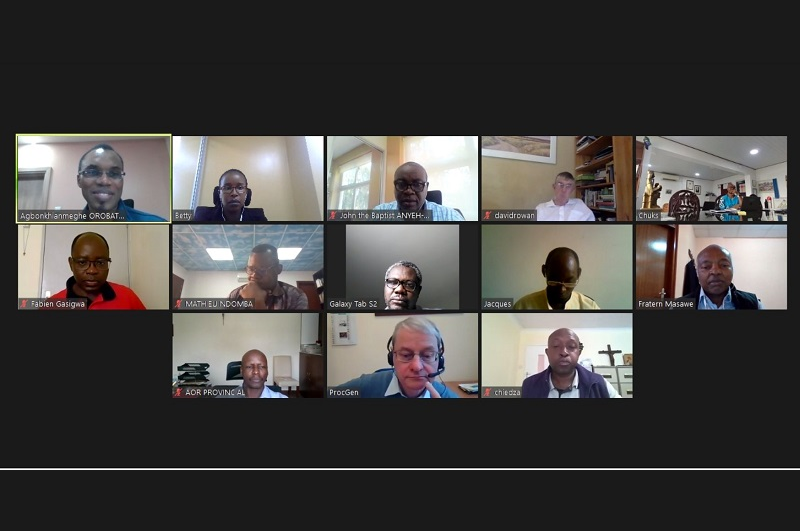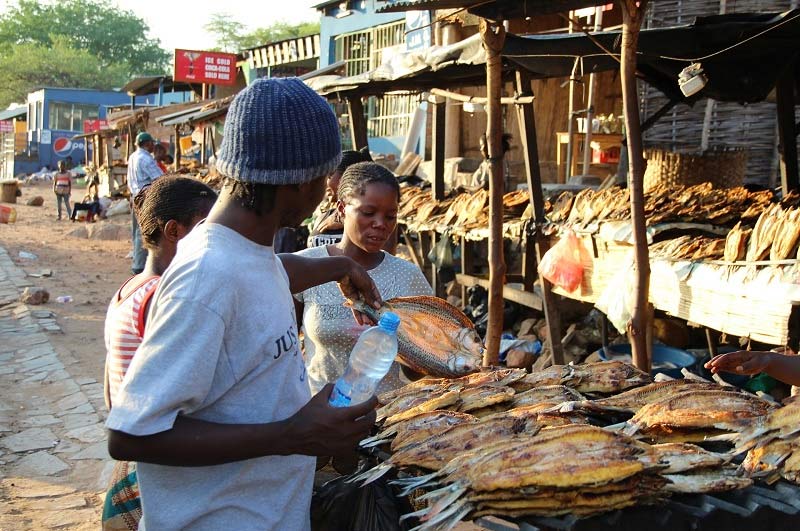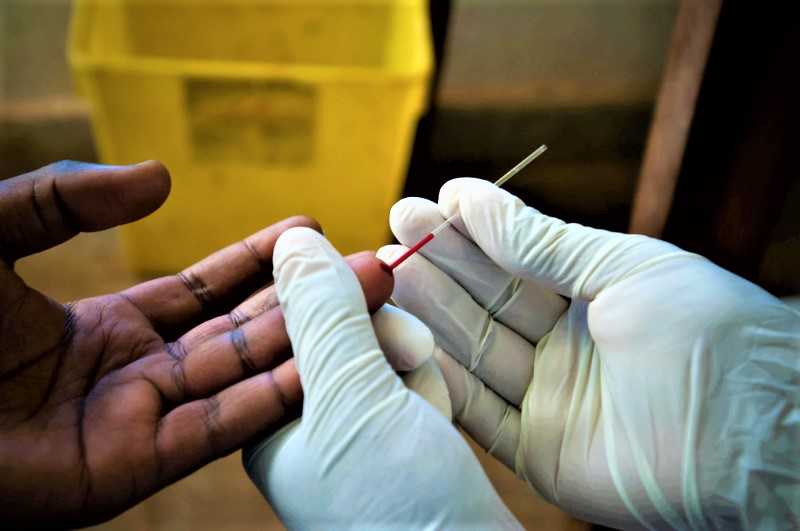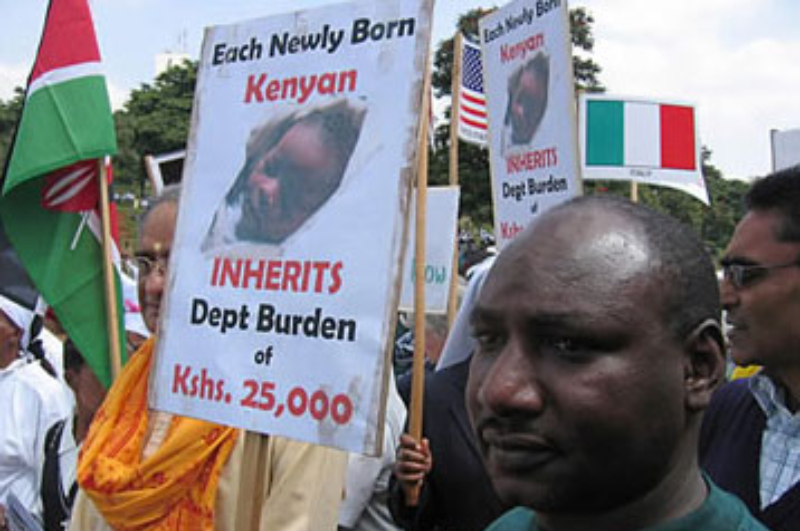



The African debt crisis 'is a time bomb that undermines the prospects of achieving the Sustainable Development Goals', said Fr. Charles Chilufya, SJ, Director JENA, on the sidelines of the spring meetings of the International Monetary Fund (IMF) and the World Bank, held from 10 to 16 April 2023.
According to the World Bank, public debt in sub-Saharan Africa has tripled since 2010 and the number of nations at high risk of external debt distress or already in distress is 22, up from 20 in 2020. North African nations, such as Tunisia and Egypt, are also experiencing a debt crisis.
Fr. Chilufya in a media brief said that the crisis is hampering the ability of African nations "to build human capital, infrastructure and business capital for sustainable development" and "diverting scarce resources away from essential services". The debt crisis in Africa, in fact, is not only a financial problem, but also an issue of social justice: 'It is immoral,' said Fr Chilufya, 'that African countries continue to pay billions of dollars in debt servicing while their citizens lack access to basic services such as health care and education.
Debt crisis and climate change in Africa
Ahead of the IMF and World Bank Spring Meetings, a study by the African Sovereign Debt Justice Network (AfSDJN) - a coalition of citizens, scholars, civil society actors and church groups including JENA - showed that African countries in debt distress are also among the most vulnerable to climate change on the continent.
Despite being responsible for less than four percent of global greenhouse gas emissions, Africa as a whole is suffering heavily from the consequences of climate change, which further reduces the financial resources available to countries. According to AfSDJN, climate-related losses are currently estimated at USD 7-15 billion per year and could rise to USD 30 billion by 2030. Without appropriate action, it is likely that African countries will have to borrow about USD 1 trillion within this decade to provide an adequate response to the climate crisis.
What alarms the African Coalition is that, in line with past trends, most climate finance is being channelled through loans, further increasing already high debt stocks. Although some advanced economies have decided to allocate their SDRs (Special Drawing Rights, a kind of 'reserve currency' managed by the IMF) to developing countries through the Resilience and Sustainability Trust (RST) to finance climate resilience, for the authors of the study, this contribution falls far short of covering the needs of African economies. Moreover, for many of these countries, aid continues to be tied to fiscal restructuring and austerity measures that are very burdensome for the social resilience of their communities.
The AfSDJN also calls on the IMF and World Bank to:
1. Initiate consultations on a new comprehensive, fair and effective sovereign debt restructuring mechanism that is UN-led and binding on all creditors, including private creditors.
2. Support the inclusion in sovereign debt instruments of special clauses, also valid for debt restructurings, allowing countries to defer principal and interest payments in the event of natural disasters and pandemics.
3. Ensure that ongoing debt restructurings under IMF auspices do not include austerity measures as a condition.
4. Review their debt sustainability assessments to ensure that they do not encourage excessive debt accumulation and that they take into account the investments needed for sustainable development goals, climate needs and the human rights of people in African countries.
'Cancelling debt' and not using aid for 'ideological colonisation'
“Is it still a concrete prospect to 'cancel the debt' for the poorest countries, as called for by a famous international campaign - Jubilee 2000 - launched on the occasion of the Jubilee Year 2000?”
For the Catholic Church, yes, certainly. Just a few days ago, on the occasion of the 2023 Development Financing Verification Forum, the Holy See's Permanent Observer to the UN, Monsignor Gabriele Caccia, affirmed that it remains "imperative" that the international community give "priority to debt restructuring and move towards debt cancellation for the most vulnerable countries", recalling also that "the provision of international assistance should never be used to impose forms of ideological colonisation or to tie the provision of economic aid to the acceptance of such ideologies".
Related Articles
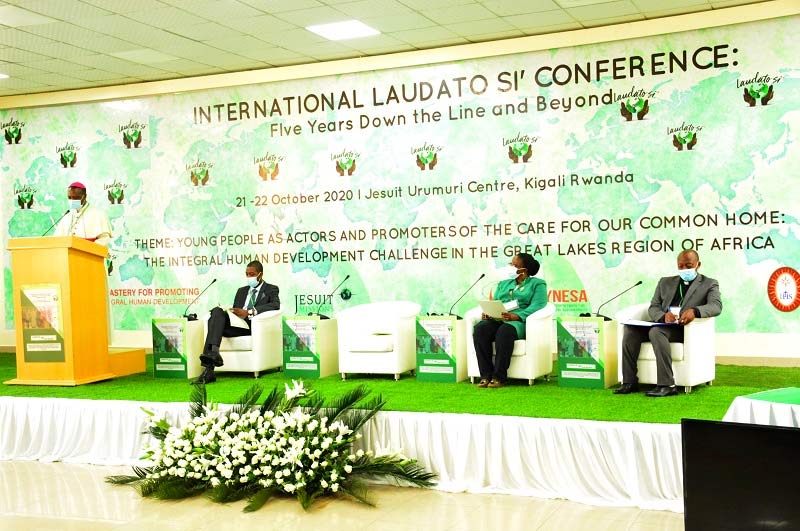
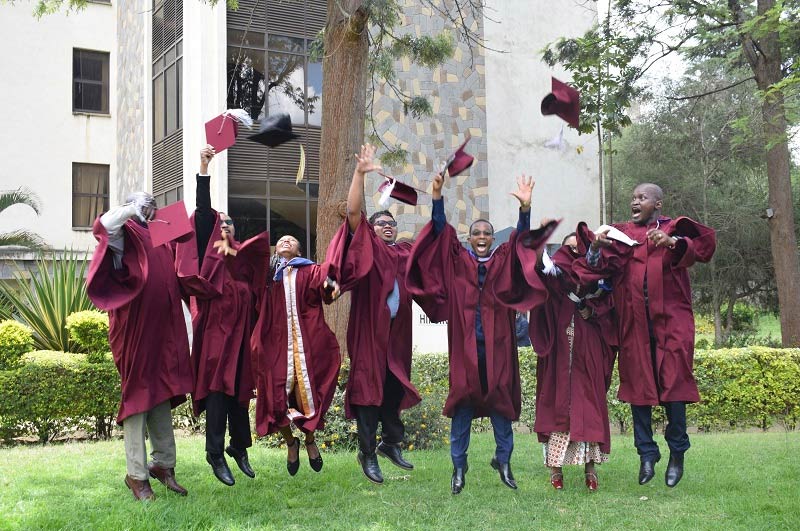
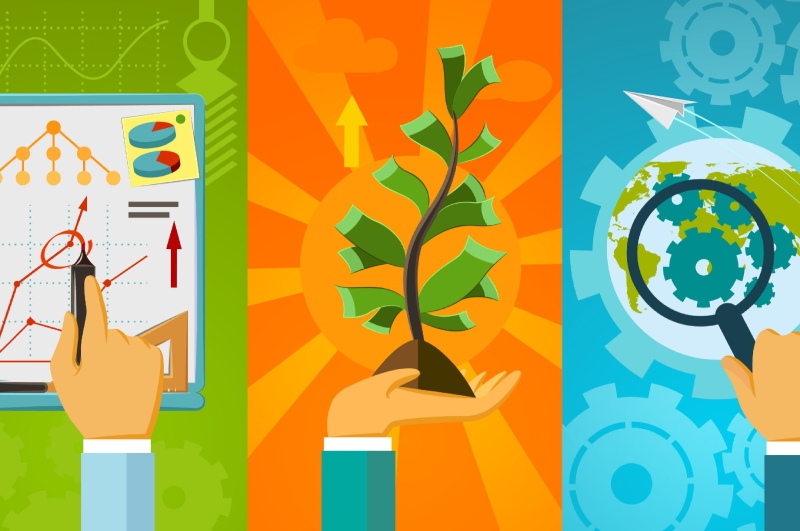
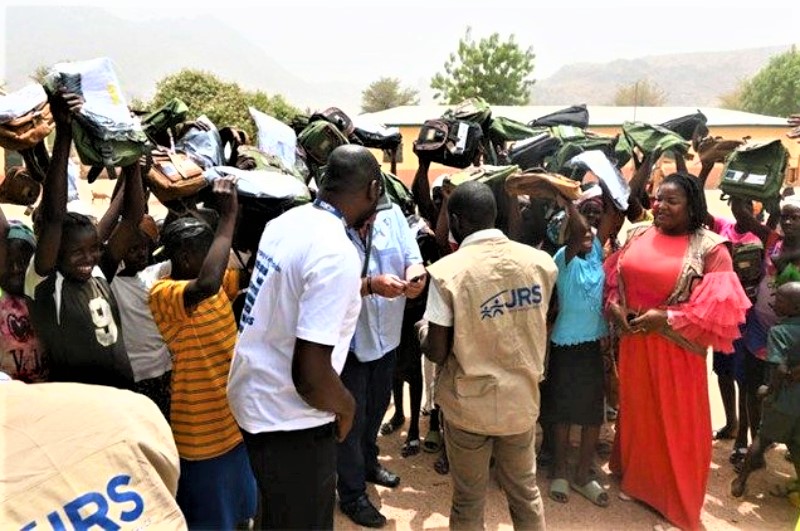
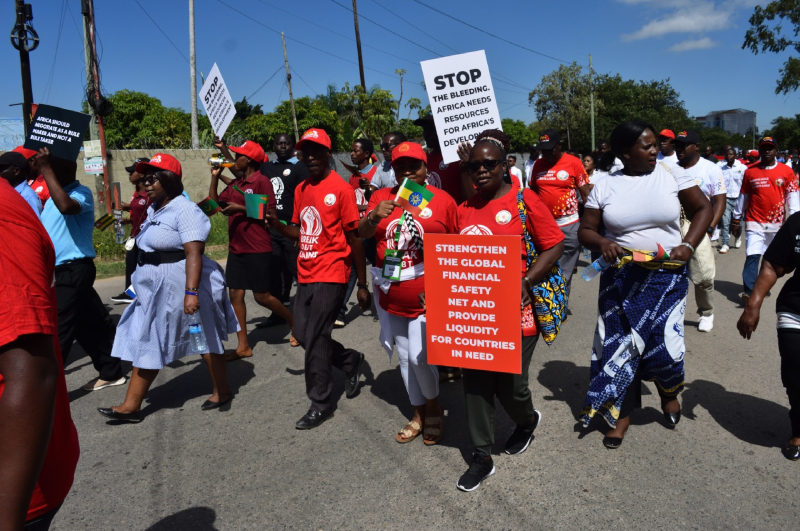
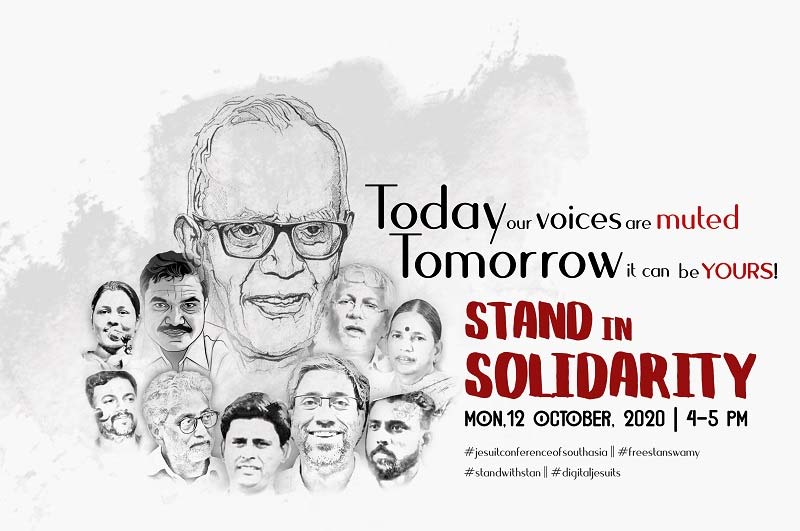
Select Payment Method
Pay by bank transfer
If you wish to make a donation by direct bank transfer please contact Fr Paul Hamill SJ treasurer@jesuits.africa. Fr Paul will get in touch with you about the best method of transfer for you and share account details with you. Donations can be one-off gifts or of any frequency; for example, you might wish to become a regular monthly donor of small amounts; that sort of reliable income can allow for very welcome forward planning in the development of the Society’s works in Africa and Madagascar.
Often it is easier to send a donation to an office within your own country and Fr Paul can advise on how that might be done. In some countries this kind of giving can also be recognised for tax relief and the necessary receipts will be issued.



